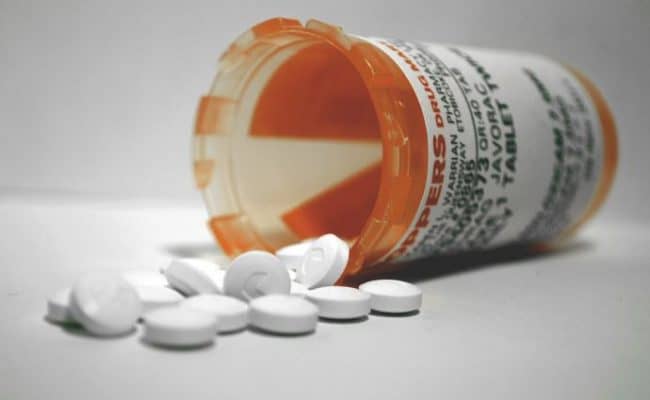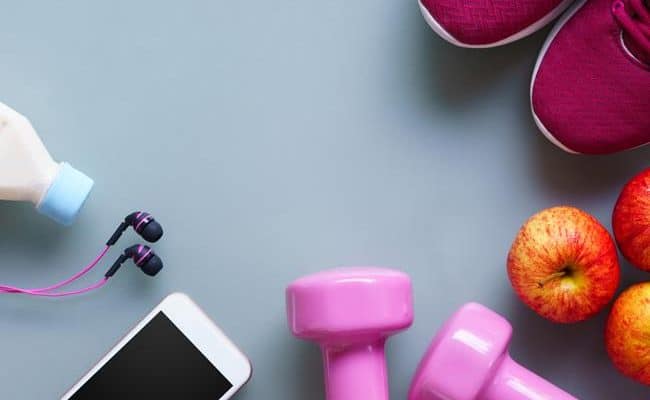
Post-diet often what people are left with is loose skin. Unfortunately it’s not always pleasant and often it can be hard to deal with. For many dieters the remnants of weight loss can be disheartening and disappointing especially if excess skin is functionally irritating.
What can someone do to deal with such issues depends on many factors so there isn’t one answer cures them all situation. Some of the things that matter is the amount of excess skin present, the condition of the skin and if it is only skin.
What causes loose skin on stomach after weight loss?
Skin has elastic properties which help it adapt to changes of the body. Weight gain can stretch the skin. Its structure is a lot more complicated than just that layer we see, and it is comprised by rather a few different layers, loads of cells, nerves, receptors, etc.
Often if the changes on the body happen quickly the skin fails to follow the adaptations. For example stretch marks at pregnancy. The skin stretches relatively quickly and as a result it loses its elasticity and creates stretch marks. Similar skin fails to adapt when putting on weight too fast or losing weight too fast.
Apart from sudden changes if the weight has been there for years everything has adapted to this including the skin. It can be overstretched for prolonged period of time causing it to lose its elasticity or has grown in excess. A final reason could be that there is still fat under the skin which is not lost creating the effect of excess skin.
Losing the excess fat
In the occasion where the excess skin is not skin but it is actually fat, it makes sense to lose the fat. This is harder than it sounds. The thing is that you don’t lose the fat cells but rather these cells shrink by losing the fat they have stored. There are parts of the body which are more ‘stubborn’ such as the hips for women.
After years of carrying an ‘x’ amount of excess weight the body has adapted to it and even if you lose the weight doesn’t mean that everything will go back to what you think it will.
Exercise and diet can help with burning the fat. For some people and in some body parts you may not be able to lose that last bit and surgery may be the only way. As much as the human body is miraculous it is not always mission impossible capable. It does get affected by years of abuse.
Nourish the skin
Well-nourished skin will be able to react and adapt better and easier to changes. This is quite straight forward and common sense. Your skin is a live organ and it needs nutrients to carry out its processes.
The best way to keep your skin nourished is by having a balanced healthy diet. The problem with some weight loss regimes is that they can be restrictive in the foods they include. This can cause some deficiencies especially if regimes are extreme.
You may notice that hair and nails are brittle or the color of your skin doesn’t look healthy. This may be a sign that you need to review your diet.
It is obviously hard to find the balance between cutting down and following a diet and still consuming all the necessary nutrients. Try to include some fats and oils such as fish oils and that very important factor, hydration. Keep hydrated and do try to consume adequate amount of water.
Some creams and products can help but to be perfectly honest they do not really penetrate the skin passed the 1st or 2nd layer. So it is so much it will do. Do not depend on them for hydration or miracle nutrition. Your skin serves the role of creating a barrier between the environment and your internal environment. If it was easily penetrable it wouldn’t serve its purpose.
Good blood circulation is very important for a healthy skin
This is very important for the skin. Blood will carry oxygen and nutrients to every cell and will remove waste products. Blood circulation is one of the main factors which can affect healing, re-growth and remodeling for most organs and tissues.
Smoking can heavily affect the condition of the skin. Often people may be declined for some corrective procedures if they are heavy smokers as it can lead to impaired healing.
Apart from stopping smoking, another way to aid blood circulation is with exercise. Movement will make your heart beat faster to send blood to the muscles etc. Apart from that muscle can serve the role of a mechanical pump and when they contract they push blood from the veins to the heart.
Physical activity is very important for general health all together and in the long run it will improve the cardiovascular system as well.
Does cold tightens the skin?
The cold is meant to tighten the skin. In the winter is easy to be exposed to cold temperatures but in the summer I definitely wouldn’t suggest to inhibit the fridge. In some countries living in a fridge may sound tempting due to the heat; however I am not sure about the health consequences.
Cold showers can provide an alternative but do not go to the extremes. Anything to the extreme can cause harm, for example if you place loads of ice on your skin for long periods of time you can actually cause burns.
Turning down the temperature to a comfortably lukewarm shower may be as good. Again it will not provide with miracles but apparently it can improve skin tone and tightness.
Is surgery a good solution for removing excess skin?
For quite a lot of people surgically removing excess skin may be the only solution. Unfortunately for skin which has lost it elasticity it’s not that much to do to bring it back to its original condition. I must admit that I dislike advising surgical solution but in the case of excess skin it’s probably the only most effective solution.
Other things may work for small amounts of excess skin such as post pregnancy. Where excess skin is almost like carrying a second person with you, no cream will improve it.
Surgery obviously is best discussed with the appropriate health professionals. It involves a number of different procedures but in its essence it means to surgically remove the skin by cutting it off.
It can be very complicated as it is alive, it has blood supply and all sorts of other elements such as nerves and receptors.
It does carry risks of complications with infections or failure to heal being some of the most common. For some the benefits may outweigh the risks but this is something which should be decided with a medical professional.










